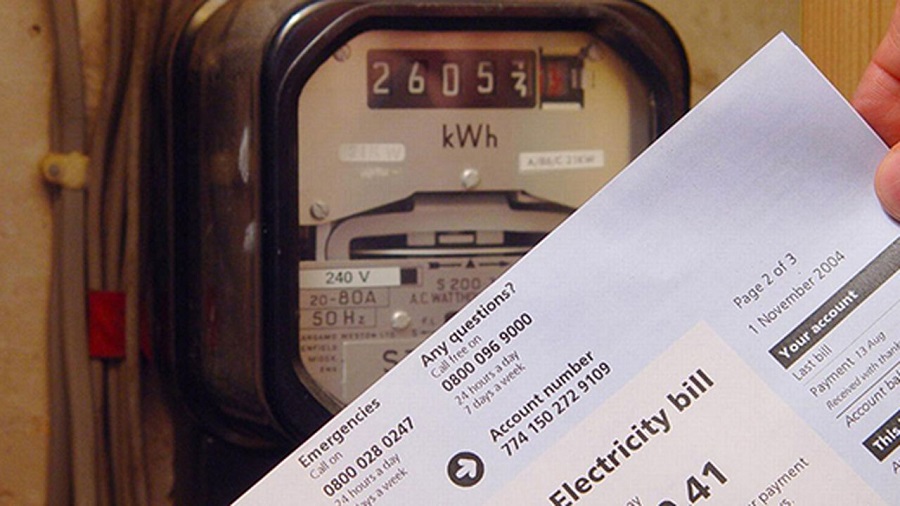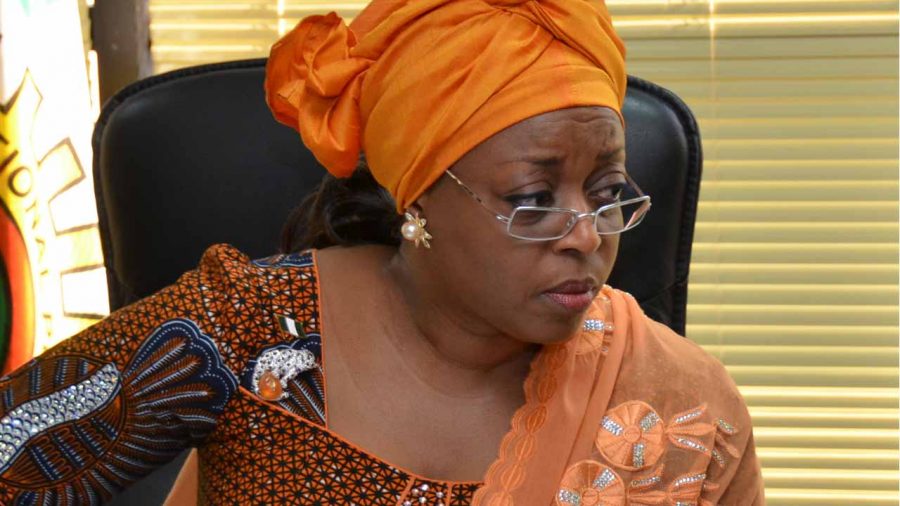The Nigerian Bureau of Statistics (NBS), has reported that the total income of over 67% of households declined in August, when compared to the same period in August 2019.
This was disclosed in the recent Nigeria COVID-19 National Longitudinal Phone Survey (COVID-19 NLPS), conducted in August 2020, by the NBS, with the support of the World bank.
The report found out that across the three main income-generating activities (wages, agriculture, and non-farm enterprises), a significant percentage of households reported a decrease in income compared to one year ago.
The decrease was evident across the three main sources of income, but the share of households experiencing a decline in income was highest for non-farm family business activities at 65% of households, compared to 58% for agriculture (household farming, livestock or fishing); and 43% for wage employment.
The National Longitudinal Phone Survey seeks to measure the Living Standard of Nigerians, and as well monitor the socio-economic impact of the pandemic, and the knock-on effect of the viral disease on the economy.
The report found out that Over 67% of Nigerian households reported that their total income decreased, compared to the same period in August 2019.
However, with the bulging increase in the headline and food inflation, and the drop in the total income of households, the real income of Nigerians continues to dwindle. Hence, the widespread economic vulnerabilities spike concerns about the deepening of poverty in the population below the poverty line in the Nigerian society.
READ: Nigerian fintech companies raised $600 million in five years – McKinsey Report
In like manner, the food security situation in Nigeria remains precarious, even as the lockdown restrictions continue to be loosened. The share of households experiencing moderate or severe food insecurity remained high at 68% in August 2020.
It is noteworthy that the experience of both moderate and severe food insecurity is more prevalent than that reported in July/August 2018.






















